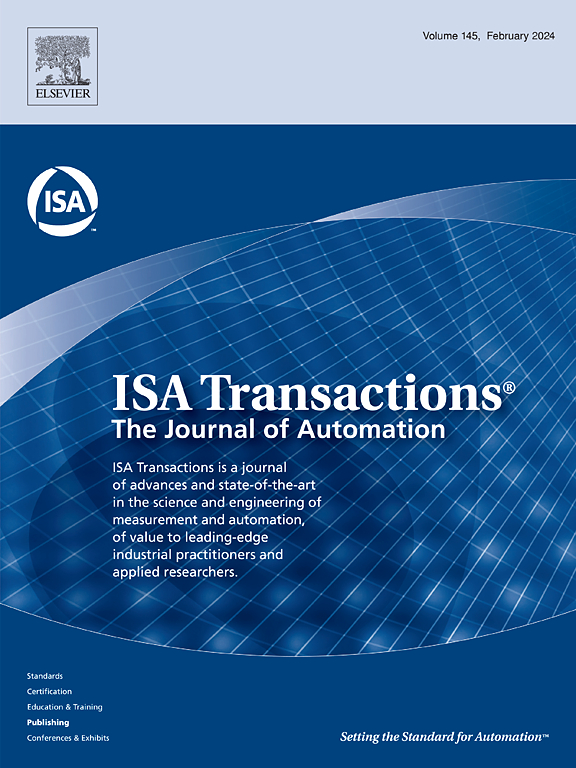将明渠灌溉系统损失降至最低的新型非线性模型预测控制方法。
IF 6.3
2区 计算机科学
Q1 AUTOMATION & CONTROL SYSTEMS
引用次数: 0
摘要
本文章由计算机程序翻译,如有差异,请以英文原文为准。

A novel nonlinear model predictive control approach to minimize losses in open-channel irrigation systems
Open-channel irrigation systems (OCIS) are widely recognized as the simplest, most widely adopted, and economically advantageous method of water transportation in agriculture. However, these systems often experience substantial water losses due to seepage and leaks, which are closely correlated with the channel levels. The control mechanisms commonly discussed for OCIS primarily emphasize preserving constant channel levels, leading to constant losses. In order to overcome this limitation, the present study offers a paradigm change in control objectives, thereby facilitating the management of channel levels and flow variability. The new objectives seek to address user water demands, mitigate channel water levels, prevent overflow instances, and limit ecological and infrastructural impacts. A request-based operational approach is utilized in implementing a nonlinear model predictive control (NMPC) technique. The NMPC employs a simple modeling framework that can effectively describe the behavior of OCIS in various operational settings. It also integrates a receding-horizon cost function to optimize water allocation and minimize water levels. The provided design of the control strategy includes a set of feasible conditions that ensure the operability and stability of the controlled system. The efficacy of the proposed control technique has been verified by experimentation on a well-established testbed documented in previous academic papers. This validation process has demonstrated a notable 50% decrease in water waste while simultaneously ensuring sufficient water supply to users.
求助全文
通过发布文献求助,成功后即可免费获取论文全文。
去求助
来源期刊

ISA transactions
工程技术-工程:综合
CiteScore
11.70
自引率
12.30%
发文量
824
审稿时长
4.4 months
期刊介绍:
ISA Transactions serves as a platform for showcasing advancements in measurement and automation, catering to both industrial practitioners and applied researchers. It covers a wide array of topics within measurement, including sensors, signal processing, data analysis, and fault detection, supported by techniques such as artificial intelligence and communication systems. Automation topics encompass control strategies, modelling, system reliability, and maintenance, alongside optimization and human-machine interaction. The journal targets research and development professionals in control systems, process instrumentation, and automation from academia and industry.
 求助内容:
求助内容: 应助结果提醒方式:
应助结果提醒方式:


